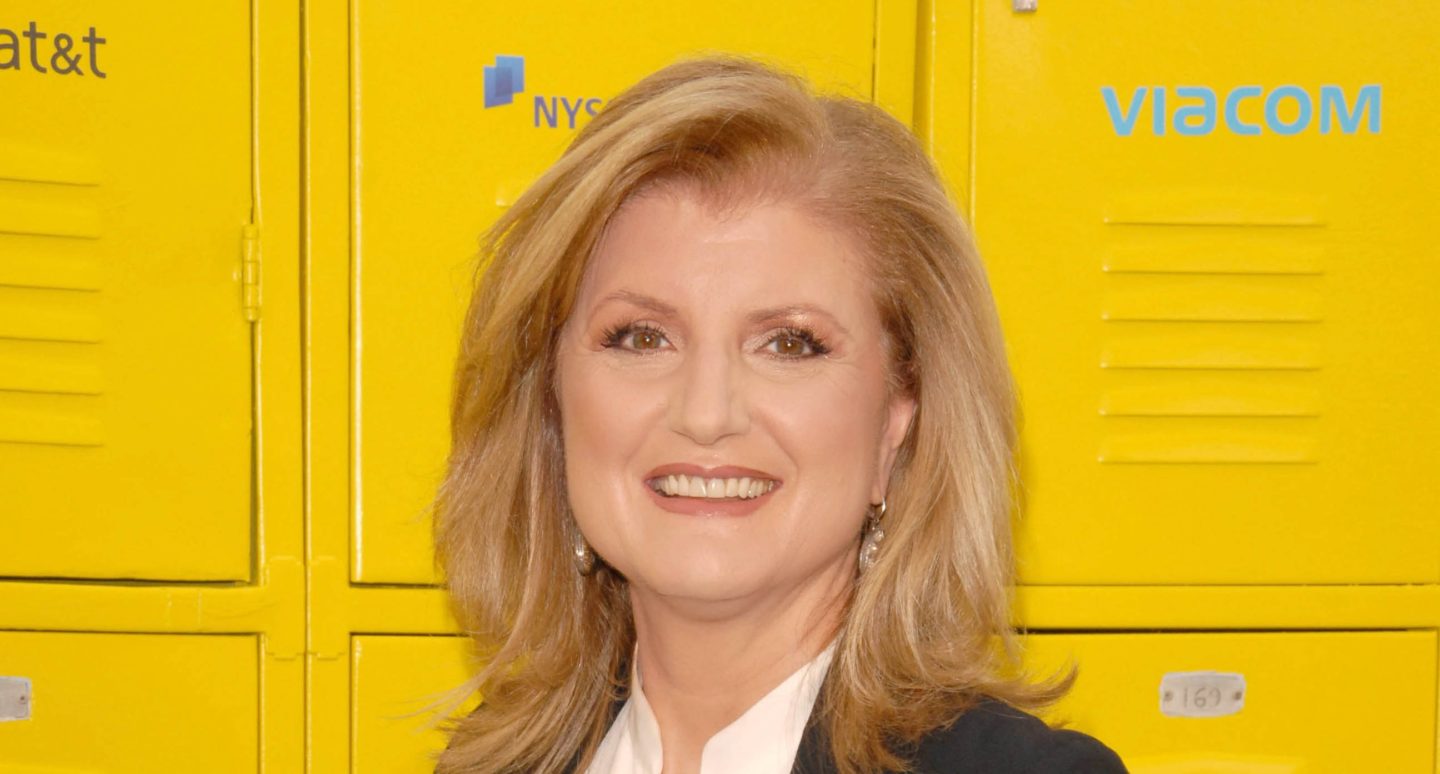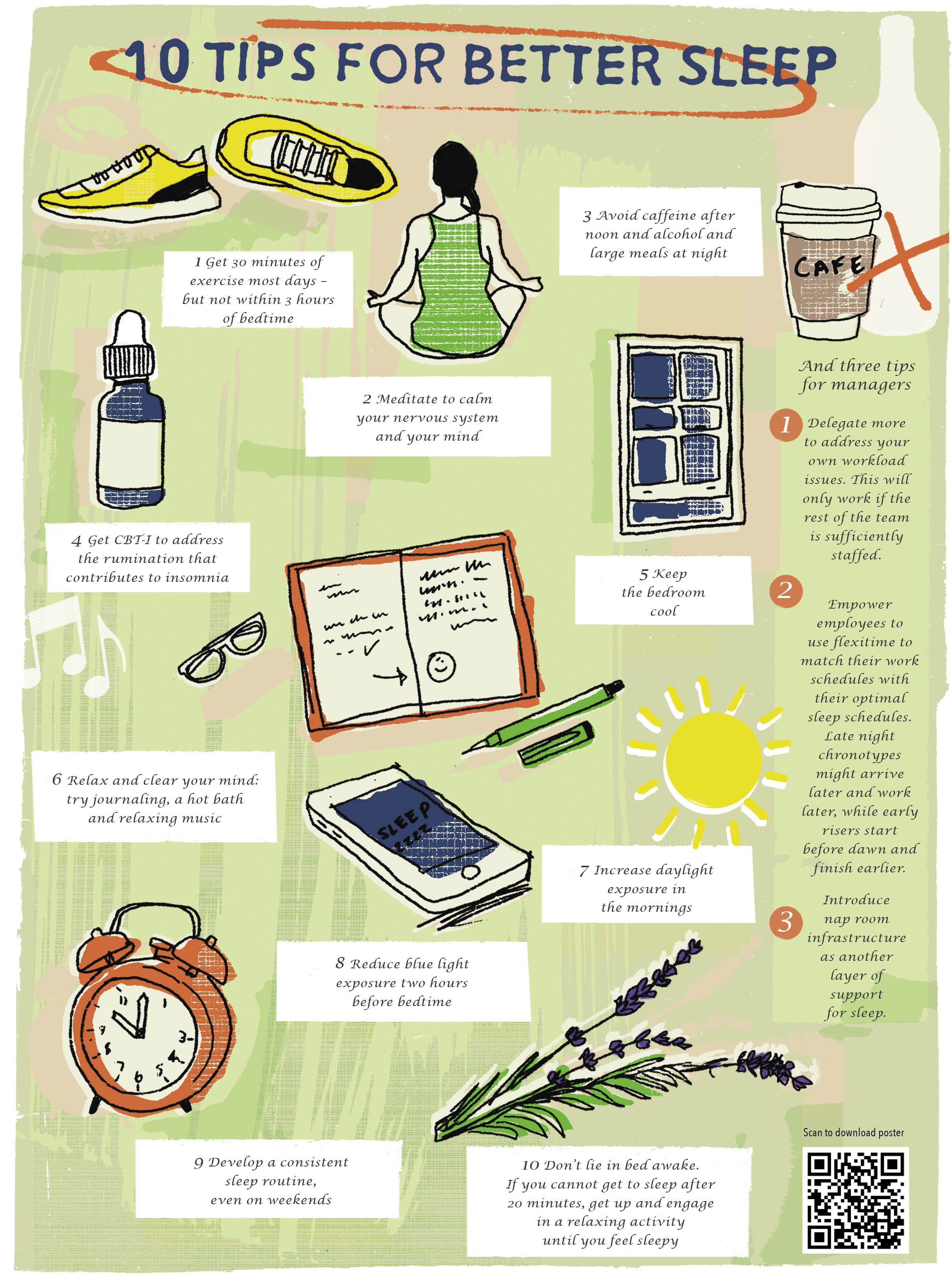Warning: late nights and early starts will lead to memory loss, illness, recklessness, lack of sociability and failure to spot a good business opportunity.
“You can sleep when you are dead”. This longstanding maxim remains prevalent in society and is especially embraced within the business sector. However, decades of sleep research have demonstrated that if you adopt such a mentality, you may be dead sooner, and the quality of that now shorter life will be significantly worse. Testament to this fact are findings demonstrating that insufficient sleep is associated with all major health conditions afflicting people in developed nations, including heart attacks, stroke, hypertension, diabetes, obesity, depression, anxiety, suicide and dementia.
Beyond these health consequences, more recent work within the workplace context has demonstrated a simple truth: less sleep does not equal more productivity. Quite the opposite. Despite such evidence, many senior leaders believe that their years of climbing toward high-level positions have allowed them to become immune to the effects of sleep deprivation, training themselves within the span of several decades to not require something that has been put in firm place over three million years of evolution as a biologically mandated, non-negotiable need. Indeed, when choosing between spending an extra hour at the office or getting an extra hour of sleep, most will choose to work, with the erroneous belief that they can “catch up” on sleep at some later date.
In this article we describe an evidence-based case that runs counter to these scientifically invalid beliefs. We outline how a lack of sleep has a dramatic effect on work outcomes, including the bottom-up impact of how well individual employees accomplish their job, and the top-down diminution of how effectively managers and CEOs are at leading teams. We offer a special focus on the impact to senior leaders in terms of making high quality (versus poor quality) strategic decisions and conclude with ideas of preventive countermeasures leaders can take to avoid the costly dollars and cents traps of sleep deprivation.
Strategic decisions: trade-offs, choices and alignment
Strategic decisions are characterized by trade-offs, choices and alignment across different activities that help organizations to achieve a competitive advantage in the marketplace. These decisions influence the long-term direction of a company, including examples such as the launch of a new important product line, a merger or divestiture, or an organizational restructuring. When making these types of decisions, you need to engage in numerous different mental activities.
First, given the forward-looking nature of strategic decision, there is an element of anticipating the future to identify relevant opportunities and risks. To do so, you benefit from having a broad and open-minded view about strong and weak signals in the environment and being able to process and evaluate these data points to determine where to focus attention.
Second, you and your team need to develop ideas how to address the opportunities or challenges you might face and make concrete choices, which, in part, depends on your capacity to take note of and remember relevant insights, examples and best practices from within and outside your industry. The more diverse and creative ideas you develop, the more options you will later have to choose from. However, pursuing all the options that are on the table is typically neither a viable nor desirable path forward. Instead, to focus, you need to pick out those options that are most promising by considering multiple competing objectives, analyzing expected risks and returns to ultimately arrive at a well-calibrated decision that best manages the inherent trade-offs.
Third, good strategies are defined not just by an individual choice, but by the fit that leaders achieve across different activities. Think of IKEA’s success: it’s not just the products they offer, but also the low-cost production sites, the store’s location and lay-out, the catalogue, the playground for kids (and, of course, the Swedish meatballs at the family restaurant). As a senior leader, you need to coordinate across different functions to ensure that the whole of these decisions is bigger than the sum of their parts. In other words, the decisions across various parts of the company need to support and reinforce one another, in turn leading to an advantageous position of your offering in the market.
Fourth, since you don’t have a monopoly on good ideas, nor on good decisions, it makes sense to engage with your colleagues and team members throughout the process, by creating, a safe and trusted environment that allows to solicit honest input from others to help overcome your own blind spots and biases. In addition, creating trust and good will with critical stakeholders is also important to ensure that decisions do in fact get executed once they have been made.









